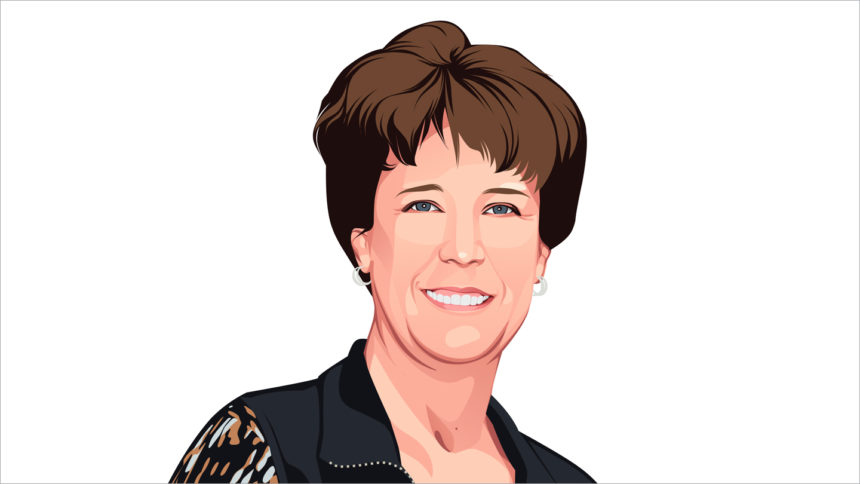
I belong to a group on social media that posts pictures of nature, animals, birds and the occasional unidentified print left in the dirt/sand. This day a question was poised, “Can you identify what animal left this print?”
The answers started immediately; opinions fling out like fairy dust. When the dust finally settled, out of the one hundred and eight answers, one person took the time and researched what the print might be. That one person bravely put it out there that it might be something different from the many comments.
Like seagulls on an unattended sandwich, they flocked against the lone commenter. When the dust finally settled again, the individual who posted the question and picture thanked the one individual who had taken the time to research the problem. The person did know what they were talking about and was right about what animal had made the print. The individual who posted the answer did their research, called experts, and thoughtfully put together an answer to help the individual who was asking.
The rest of the commenters were confident in their responses but drew upon their experience or opinions. When an alternative answer was presented, they immediately were defensive and justified their response. Comments such as, “you do not know what you are talking about” or my least favorite, “well, that is just your opinion, and your opinion means nothing.”
My contribution was, “I do not know, but would not want to meet whatever it is in the woods at night.” Clearly my contribution was not helpful. But I really would not want to meet the animal anytime. The prints left behind were big and appeared that they could do some damage if irritated.
You might ask why am I sharing this observation with you? Because the behaviors exhibited on social media are being duplicated daily within healthcare settings across the nation. An issue is poised, individuals immediately give their thoughts or opinions based on knowledge, experience and biases. There is rarely exploration of causations, influencers and unknown reasons for the issue. Exploration is defined as, “the action of traveling in or through an unfamiliar area in order to learn about it.”
I recently had an administrator tell me that he did not have time to do exploration on quality issues. He was there to make decisions based upon his judgment and experience. Except, his facility was being cited for the same issues, every survey. The plans that had been put into place, were ineffective.
When something is not improving, it is because assumptions are flawed.
Additionally, many times strategies are limited to a perceived course of action based on the assumptions. That same administrator told me to stay in my swim lane and let him address the issues. My swim lane was to address the workforce issues. The administrator forgot that a swim lane is just part of a greater body of water that comprises the whole. The workforce issues were directly correlated to the quality issues.
The stumbling of the administrator was the same stumbling of the social media posts; defensive posturing, inability to see beyond their own confidence in their knowledge, experience and yes, biases. Very few issues are one dimensional in context, yet many times that is what we try to make them.
Always look for causations beyond the most obvious.
When you feel your confidence surge like the phases of a pandemic, ask yourself, “What do I really know…?” Then ask yourself, “What do I not know…?” Research has demonstrated that when we engage our brain, the brain becomes more expansive. By asking questions, listening and exploring the multifocal causations that might have influenced the issue, you are discovering true causation, which leads to the most productive actions.
In case you are wondering, the print in the dirt was made by an oversized lynx with unusually large pads. Typically, not seen around the area of the individual posting the picture. Most felt that it was a bear, because of the large pads. My response was absolutely correct: not something I want to meet in the woods at night or during the daylight.
Martie L. Moore, MAOM, RN, CPHQ, is the President/CEO of M2WL Consulting. She has been an executive healthcare leader for more than 20 years. She has served on advisory boards for the National Pressure Injury Advisory Panel and the American Nurses Association, and she currently serves on the Dean’s Advisory Board at the University of Central Florida College of Nursing and Sigma, International Honor Society for Nursing. She was honored by Saint Martin’s University with an honorary doctorate degree for her service and accomplishments in advancing healthcare.
The opinions expressed in McKnight’s Long-Term Care News guest submissions are the author’s and are not necessarily those of McKnight’s Long-Term Care News or its editors.




